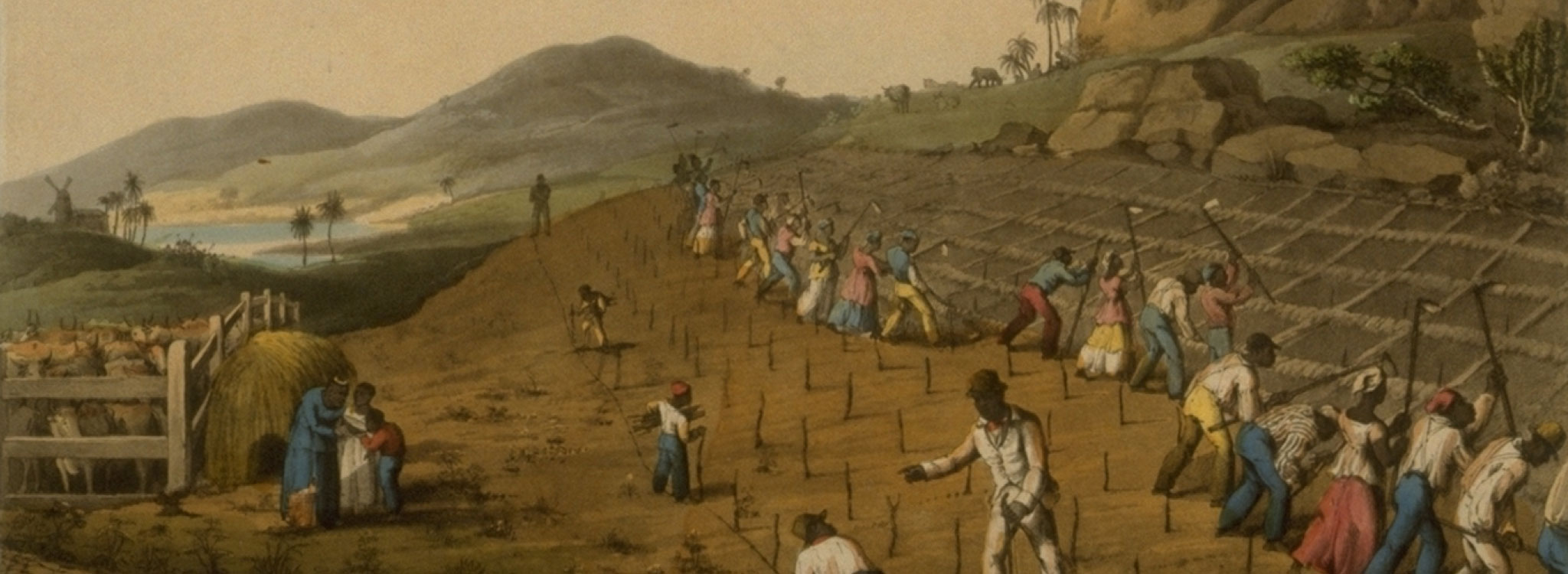Luiza Mahin was a wage-earning slave who purchased her freedom and was apparently involved in major rebellions in nineteenth-century Brazil. Today, she is a symbol of resistance and defiance for Afro-Brazilian social movements. Much of what little is known about her derives from brief biographical notes and a poem written by her son Luiz Gama (1830–82). This information is largely uncorroborated.
Gama described his mother as a thin, hard-working, and attractive Nagô (a Yorubá speaking group) from the Gold Coast area of West Africa. He argues that Luiza was proud and combative, always refused the Christian faith, and was imprisoned several times for participating in slave-led revolts and conspiracies that took place in the Bahia province in the early nineteenth century. Gama suggested that the Brazilian government deported Mahin to Rio de Janeiro and possibly on to Africa in the crackdown following the abolitionist Sabinada Revolt (1837–38).
Scholars have emphasized Mahin’s central role in the 1835 Muslim-led slave rebellion known as the Malê Revolt. By working as a quitandeira (street vendor of snacks) in Salvador, Mahin earned enough money to purchase her freedom, and later came to be a key agent in the uprising. Her tabuleiro (food stand) and house were strategic meeting points for the conspirators. A common narrative circulated that Mahin would be declared Queen of Brazil after the uprising.
Contemporary historians are skeptical about the historical plausibility of a supposedly “pagan” woman having a central role in a movement composed mostly of Muslim men. Instead, João José Reis suggests that Mahin’s protagonism in the Malê Revolt was initially popularized through clashing portrayals of her in the works of twentieth-century intellectuals. Her designation as an Afro-Brazilian leader was further advanced during the reorganization of the Afro-Brazilian movement during the late 1970s. Afro-Brazilians and feminists challenged the idea of a Brazilian “racial democracy,” virtually free from racism. They celebrated figures like Mahin who countered dominant stereotypes about Afro-Brazilians. Being simultaneously a slave who revolted against the slavery system, a woman who showed leadership among men, a pagan who defied Christianization, a humble yet politically ambitious street vendor, and the mother of one of Brazil’s most famous abolitionists, Mahin was an ideal role model.
Beyond unanswered questions about the historical accuracy of Mahin’s life, including the conditions of her death, she remains a symbol of defiance and inspiration for Brazilians in general and for Afro-Brazilian feminists in particular.
Bibliography
de Oliveira, Genaro Vilanova Miranda. "Mahin, Luiza." Dictionary of Caribbean and Afro-Latin American Biography , edited by Ed. Franklin W. Knight. , edited by and Henry Louis Gates Jr.. . Oxford African American Studies Center, http://www.oxfordaasc.com/article/opr/t456/e1277 (accessed Thu Sep 05 11:32:54 EDT 2019).
Gonçalves, Aline N. S. Luiza Mahin: Uma rainha africana no Brasil. Rio de Janeiro: CEAP, 2011.
Lima, Dulcilei da C. “Desvendando Luiza Mahin: Um mito libertário no cerne do feminismo negro.” M.A. thesis, Universidade Presbiteriana Mackenzie, 2011.
Reis, João José. Slave Rebellion in Brazil: The Muslim Uprising of 1835 in Bahia. Baltimore: Johns Hopkins University Press, 1993.
Santos, Luiz Carlos. Luiz Gama. São Paulo: Selo Negro, 2010.
Author
Genaro Vilanova Miranda de Oliveira
Adapted by
James Almeida and Steven J. Niven
Contributing Institutions
Hutchins Center for African & African American Research, Harvard University, Cambridge, MA.
Oxford University Press (USA) African American Studies Center.





